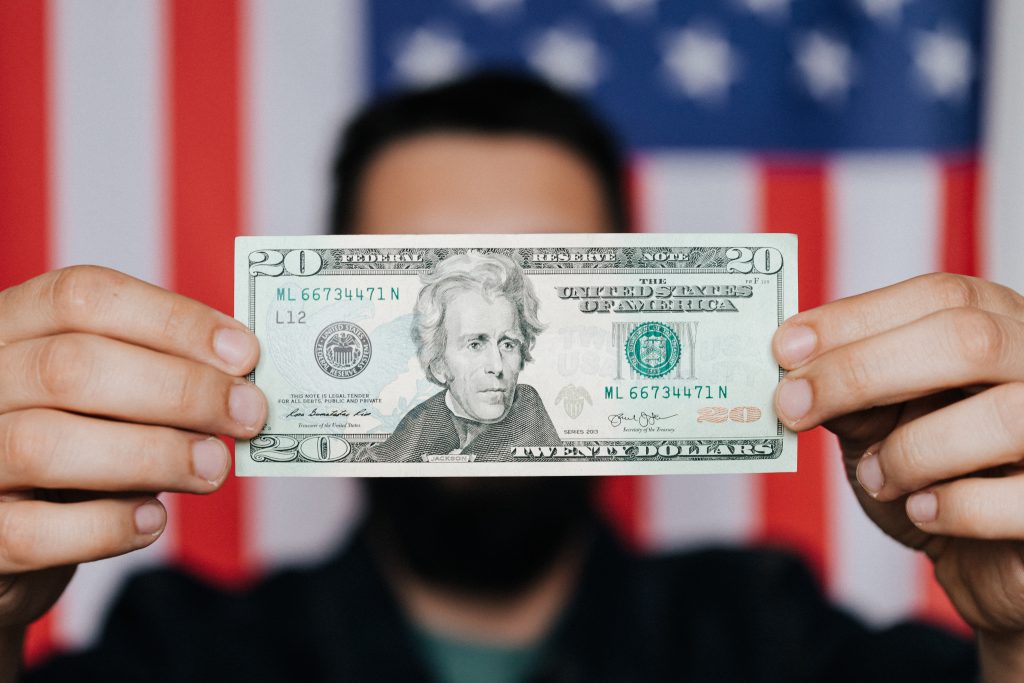How to Get Out of Debt – If you’ve recently paid all of your debts, from your credit card bills to your student loan, you may be feeling a huge amount of relief and freedom. Getting out of debt is one thing; staying out of debt is another. Here are a few tips for remaining debt-free.

Fuzzy numbers aren’t real
When it comes to taking stock of your budget, including how much money you bring and how much you spend, fuzzy numbers aren’t going to help. You have to get real about your budget, just like you faced your debt. Be honest with yourself about what you can afford, then set boundaries so that you stay on track.
Pay yourself before anything else
This seems like it goes against the basics of budgeting – if you need to pay a bill or a necessity, why should you pay yourself first? It’s important to always have money set aside, though, which is why this guideline is an important one. You need to have a savings account with at least $500 in it in case an emergency pops up. Unexpected expenses contribute greatly to debt. Ideally, you should have between three and six months of your expenses in a savings account. If you don’t feel secure at your job, it’s best to have one year of expenses set aside.
Only use credit if you have the cash
It’s time to start thinking of your credit cards a bit differently. Instead of extra spending money for the month, think of them as a tool for building your credit. Only use your credit card if you have the cash available for the purchase, then set the cash aside in a separate bank account and use it to pay off the credit card now or when the next payment is due. This will also help you avoid paying late fees and extra interest.
Use your debit card for easy payments
If you don’t want to always carry cash around, use your debit cards for easy payments. Debit cards function like credit cards, but you can have your bank set them so they won’t overdraft your account. You can even have the debit card linked to a specific account to monitor how much you’re pulling from checking or savings. This is a simple way to be more accountable for your spending.
Pay off your balances each month
In order to remain debt-free, you have to regularly pay your credit card balances. If you wait past the monthly due date to make a payment, you could incur extra fees or interest. Many credit cards carry zero percent interest, so long as you pay the balance in full each month.
Read on: How To Deal With Credit Cards To Secure For Future
Ask someone to be your accountability partner
In order to stay on top of your finances, it’s helpful to have someone else who you can turn to and who will hold you accountable. This person should be objective, so it’s not a good idea to make your spouse or your roommate your accountability partner. You may also want to speak with a financial professional who can advise you on all sorts of financial situations, teach you about YTD meaning and how it applies to your income, and which types of credit cards are best. Speak with them monthly about your progress, which will help you remain focused and on track.
There are a lot of ways to stay out of debt, and spending less money than you bring in is only one of them. Luckily, the habits that ensure you stay out of debt are possible for just about everyone to apply, and they’ll provide you with a life of financial freedom.
